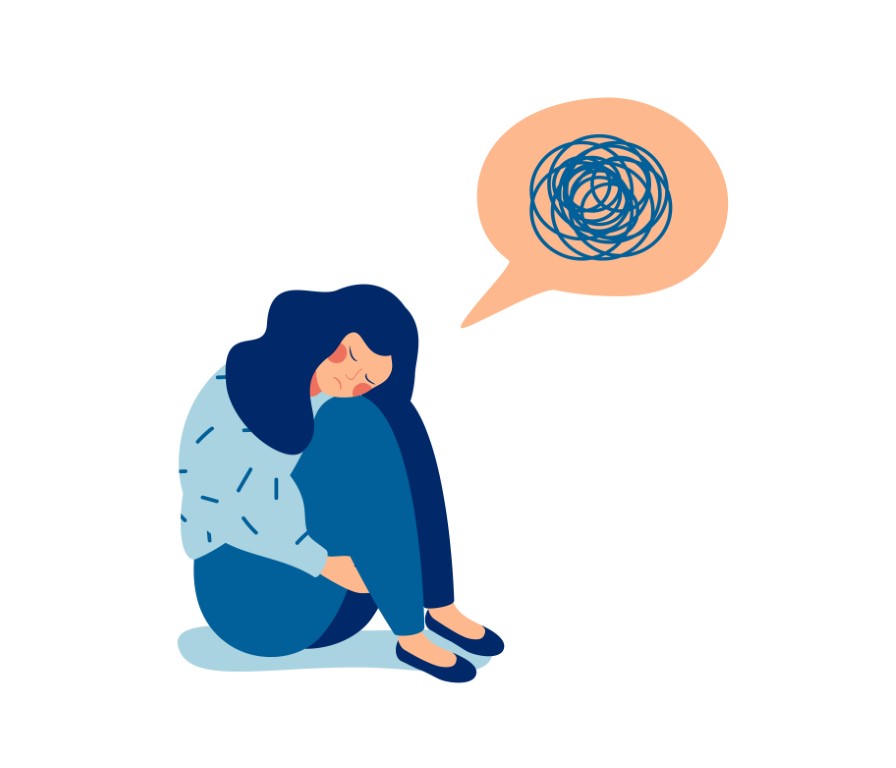
High anxiety rate recorded in students caused by pandemic
By Lauren Gargiulo, Contributor
Student-aged Canadians are at a higher risk of experiencing increased feelings of anxiety during the COVID-19 pandemic.
Statistics Canada’s report, “Canadians’ mental health during the COVID-19 Pandemic,” found that Canadians aged 15 to 24 are more stressed and anxious due to COVID-19 than adults and seniors.
Approximately 46,000 Canadians participated in a questionnaire about the impacts of COVID-19 on their mental health. The questionnaire was open from April 24 to May 11.
Due to worries regarding school, work, money and their future, 52 percent of Canadian youth reported COVID-19 having a negative impact on their mental health. 41 percent of the same group reported “symptoms consistent with moderate or severe anxiety” according to the report.
Although crowdsourced data is not comparable to population estimates from a sample survey, Statistics Canada said that the findings from the questionnaire “are consistent with recent results from Statistics Canada’s populistic web panel survey, ‘Canadian Perspective Survey Series 1: Impacts of COVID-19.’”
Chloe Zargarpour, a fourth-year phycology student at UBC agrees. “I’m very lucky that I have my family here and I have support” she said. For Zargarpour—who has two terms left before she completes her degree—the uncertainty of what is going to happen is challenging. Having “no end point in sight” in terms of physical distancing and social precautions makes it difficult for Zargarpour, who works retail, to pinpoint what is the “new normal.”
“I work all day, and I have conversations about face shields, hand sanitizer, and how can we encourage customers to wear face mask. And then I come home and have to think about how Little Red Riding Hood is impacting current literature.”
Anxiety is a natural response to uncertainty, according to heretohelp.bc.ca. Feeling anxious about how COVID-19 will impact your future, as well as feeling concerned about the illness itself is a “normal response.”
“It’s a bit of a weird mix because at work, we’re trying to deal with the impact” Zargarpour said. “And then I have to come home and think about school.”
Healthlink BC has
created a webpage where BC residents can access resources to help them during
this time. The resources are categorized
by age, with appropriate coping strategies and exercises for each group. Virtual
mental health support is available for youth, adults, seniors and health care
workers and includes online counselling and crisis support.
Douglas College students
can also still access the counselling department—telephone counselling sessions
are currently being offered. The counselling department is also hosting virtual
sit-ins, called “Virtual
Calm” every Thursday evening as of May 28. From 7:30 to 8 pm, students can join
a Douglas College counsellor and “practice an activity aimed at increasing your
sense of calm and resilience.” The activities include mindfulness meditation,
progressive muscle relaxation, and loving kindness meditation.

